Dhaka, Apr 05 (V7N) – The possibility of repatriating Rohingya refugees to Myanmar within the next year remains uncertain due to the volatile situation in Rakhine, fueled by the recent conflict involving the Arakan Army, said Shafiqul Alam, Press Secretary to the Chief Advisor.
In a Facebook status posted on Saturday (April 5), the Press Secretary expressed concern over the worsening situation and criticized past efforts to rename and redefine the Rohingya identity to suit diplomatic narratives.
Alam strongly condemned the use of the term FDMN (Forcibly Displaced Myanmar Nationals), labeling it as a "dangerous attempt" to erase the identity of the Rohingya people.
“The term ‘FDMN’ is not just a tactic—it is a terrible attempt to legitimize the Burmese junta's genocidal narrative,” he said.
“It implies that the Rohingyas are nameless and stateless, whereas they are a nation with a centuries-old history, rich culture, and rightful identity.”
He blamed some international diplomats and so-called human rights champions for promoting this term to appease the Myanmar military regime.
Alam stated that during recent BIMSTEC summits in Kunming, China, and Bangkok, the interim government of Bangladesh took a strong diplomatic stance by firmly referring to the displaced population as "Rohingyas."
“The Myanmar junta officials were ultimately forced to acknowledge this identity and have since started using the term ‘Rohingya’ in discussions,” he added.
Despite diplomatic progress, Alam admitted that returning the Rohingyas to their homeland within the next year cannot be confirmed.
“The situation has become more complicated, especially in Rakhine, due to the Arakan Army’s ongoing occupation efforts. This has created fresh instability,” he noted.
Still, he praised the firm and courageous diplomatic efforts being made by Bangladesh’s interim leadership and diplomats.
“The Myanmar junta has made some important announcements in recent meetings. Now, it is essential to maintain continuous diplomatic pressure so that the Rohingyas can return voluntarily, with dignity, and security assurances.”
More than one million Rohingyas currently reside in refugee camps in Cox’s Bazar and Bhasan Char, having fled persecution in Myanmar, especially during the military crackdown of 2017. Though several attempts at repatriation have been initiated, none have been successful so far, largely due to safety concerns and the lack of recognition of Rohingya identity and rights by Myanmar.
The latest developments come amid renewed military tensions in Rakhine, threatening any tangible progress toward the safe and dignified return of the displaced population.
END/MSS/AJ



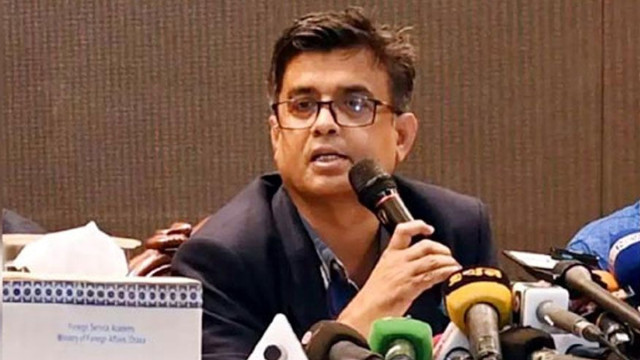
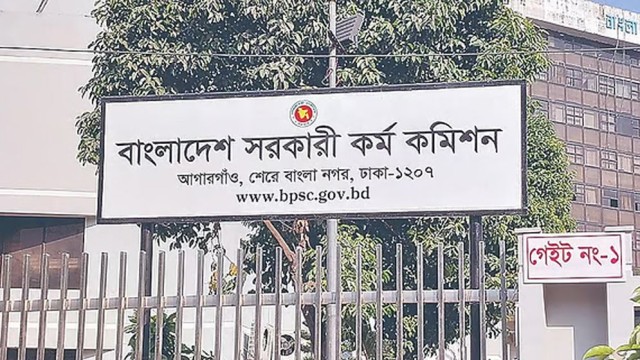
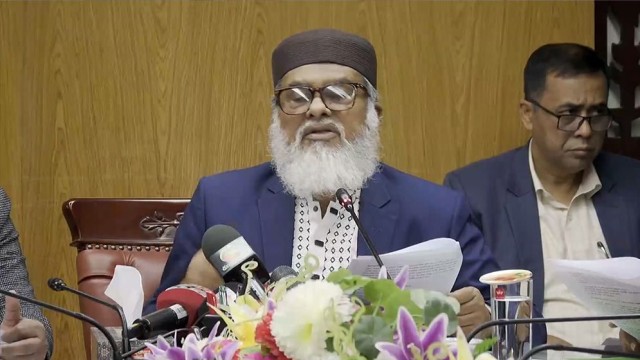
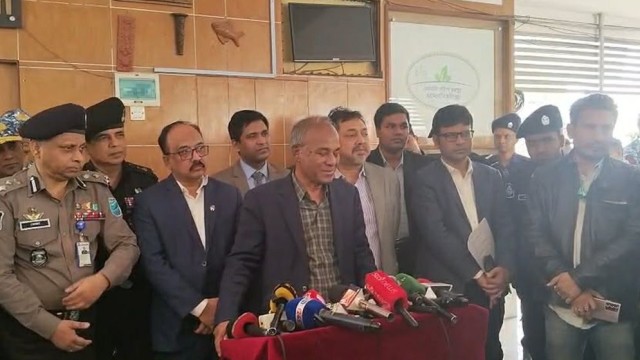


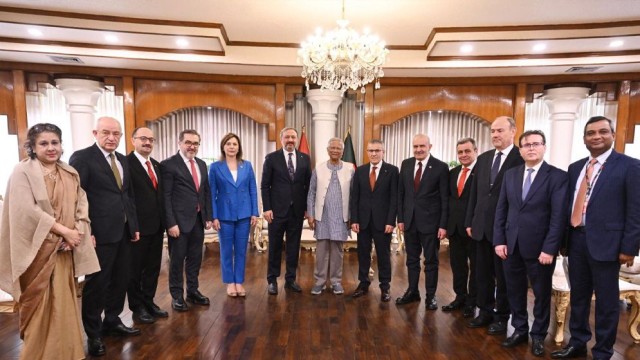





















Comment: